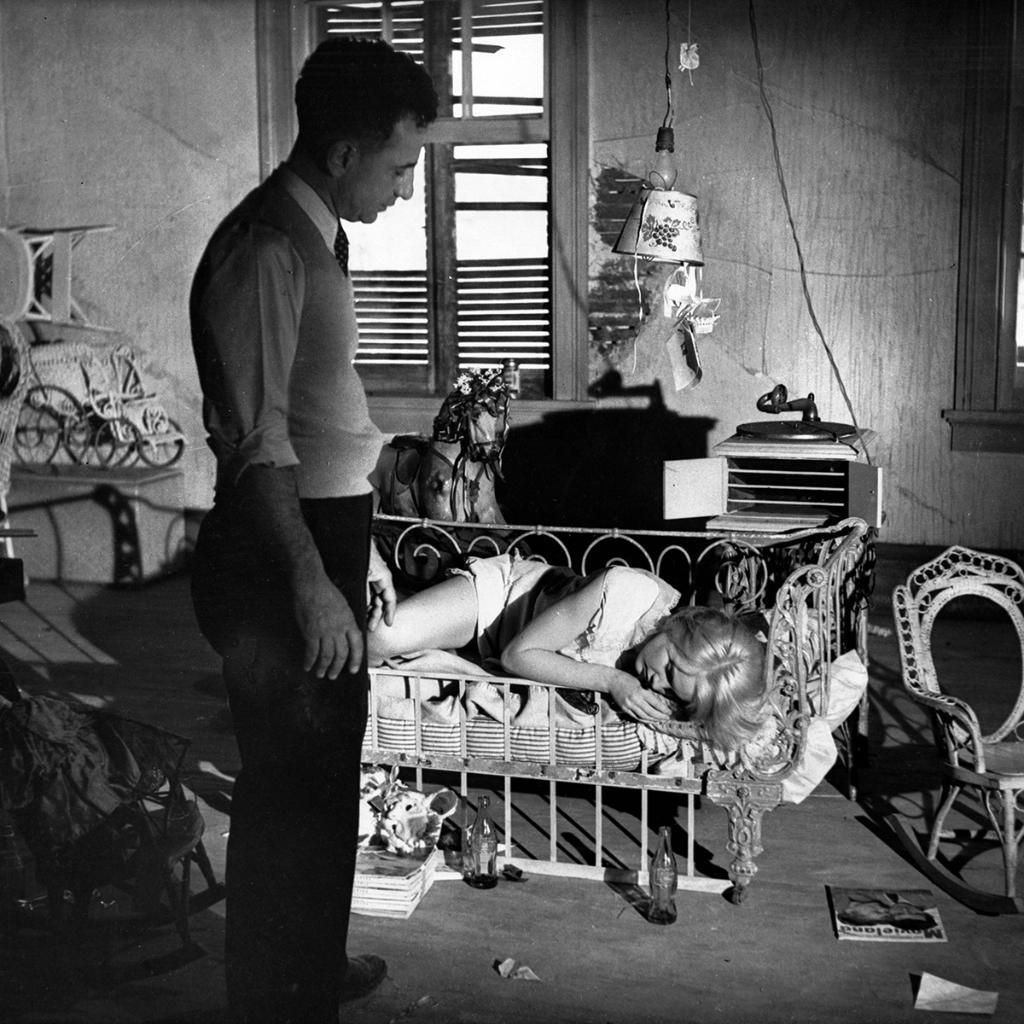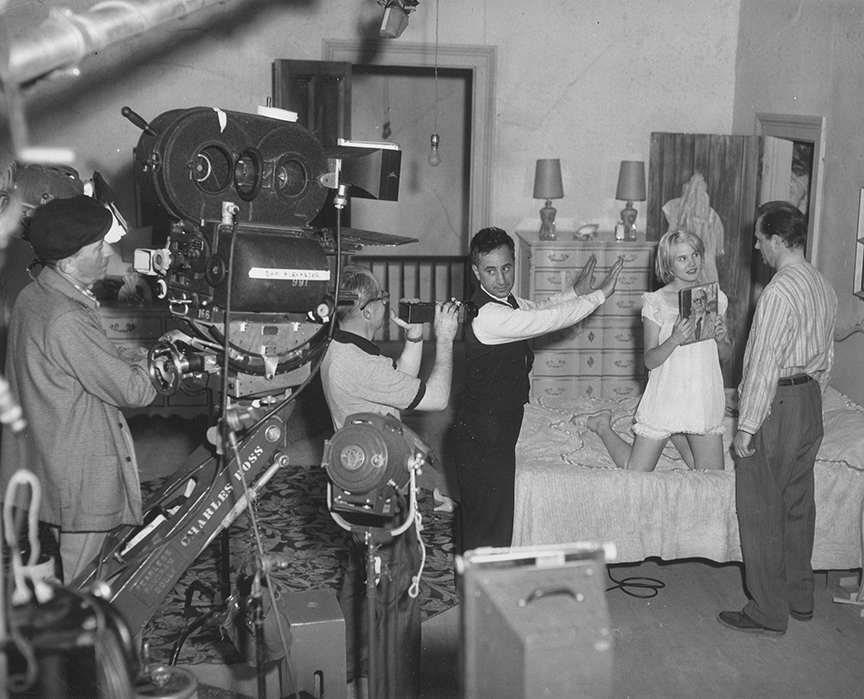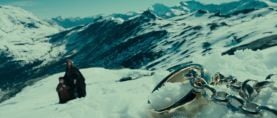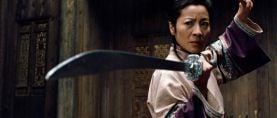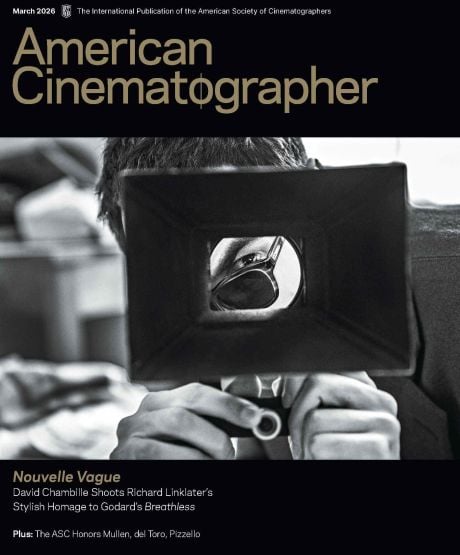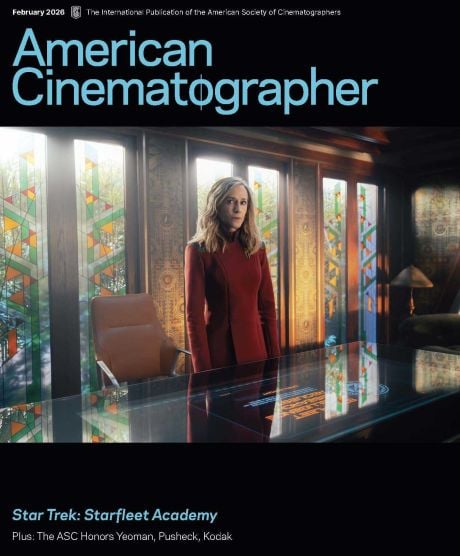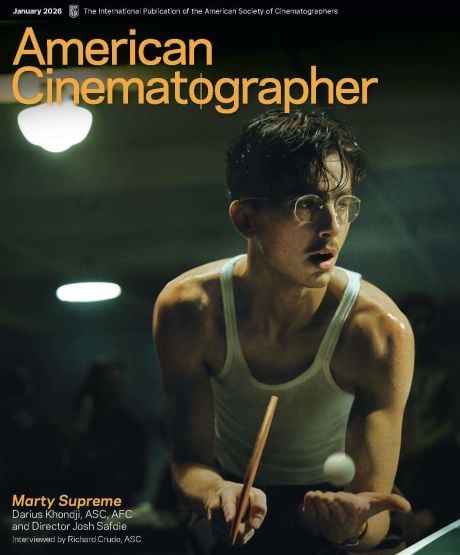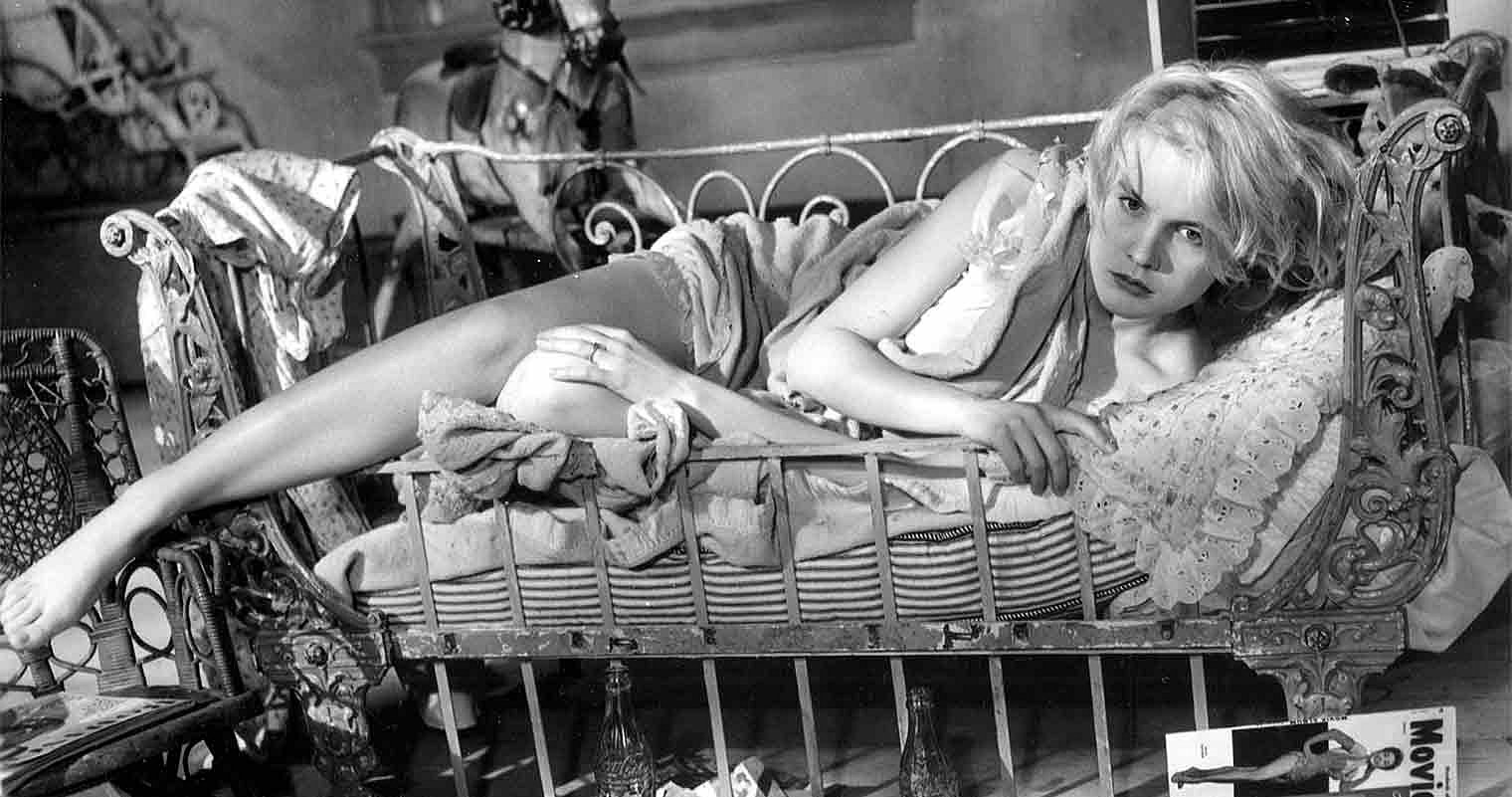
Beyond the Frame: Baby Doll
Looking back on cinematographer Boris Kaufman, ASC — an Oscar winner for On the Waterfront and nominee for this tawdry tale set in the Deep South.
Director Elia Kazan and cinematographer Boris Kaufman, ASC (holding viewfinder) confer while setting a two shot on co-stars Carroll Baker and Karl Malden while filming the notorious drama Baby Doll (1956):
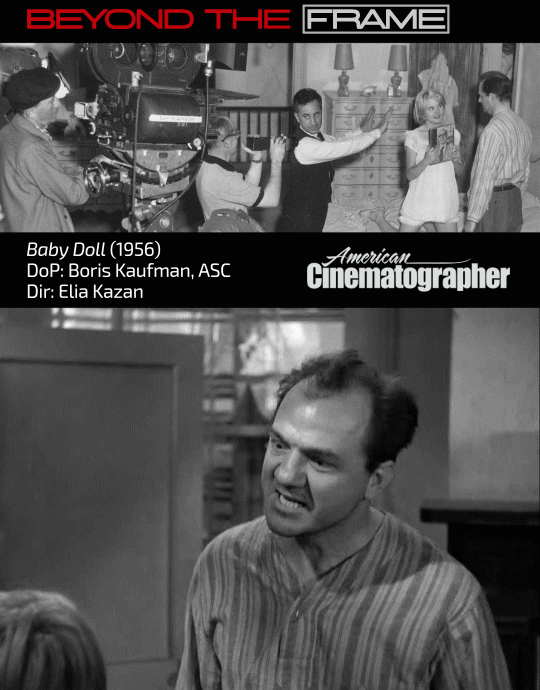
Kazan and Kaufman had previously collaborated on the Academy Award-winning crime drama On the Waterfront (1954) — both took took home Oscars for their work on the picture.
Set in the Deep South and based on a one-act play by Tennessee Williams, Baby Doll focuses on two rival cotton gin owners — Archie Lee Meighan and Silva Vacarro (Malden and Eli Wallach) — whose feud is further complicated as childish teen bride Baby Doll Meighan (Baker) becomes a pawn in their petty game of revenge.
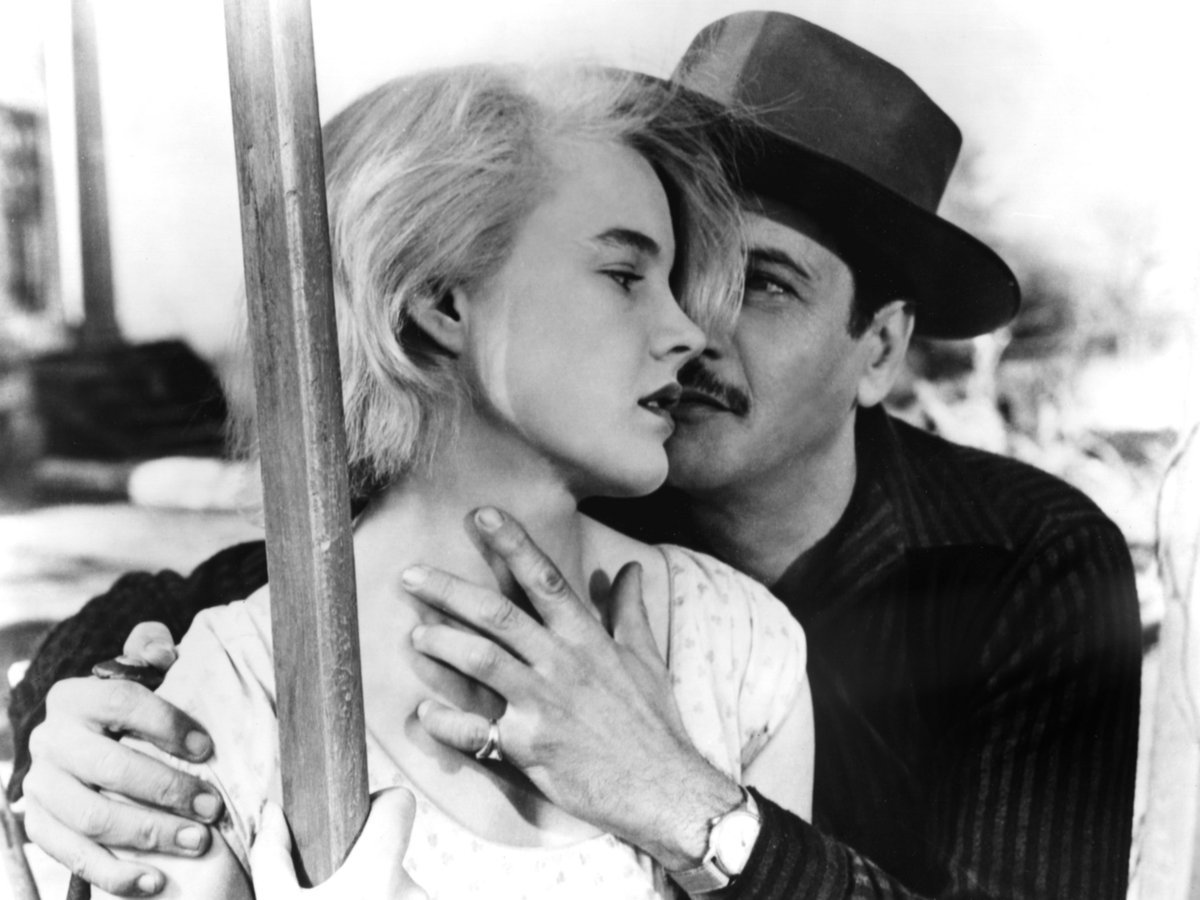

Condemned by the Catholic Legion of Decency and banned in several countries for its suggestive story, the film was a critical success in the U.S. and earned Oscar nominations for Williams, Baker, Kaufman and supporting actress Mildred Dunnock.
Kazan and Kaufman would again collaborate on Splendor in the Grass (1961).
Born August 24, 1906, in the city of Bialystok, located in Russia-ruled Poland, Kaufman, the son of a bookshop owner, and his family moved to Moscow at the outbreak of World War I in 1914. After the Bolshevik and October Revolutions of 1917, he and his parents moved back to a newly independent Poland, while older brothers Mikhail and Denis (who was later known as Dziga Vertov) volunteered their services as filmmakers to the newly founded Soviet Union. Kaufman traveled to Germany and Belgium, arriving in France in 1927. He credited brother Mikhail — the cinematographer of Vertov’s experimental classic Man With A Movie Camera (1929) — with his film education, the two corresponding by mail.
In Paris, Kaufman met Jean Vigo, a photographer who had acquired a movie camera in order to make films but was unable to operate it himself. For Vigo’s short documentary À Propos de Nice (1930), Kaufman employed many of the same camera tricks pioneered by his brother Mikhail.
This collaboration continued over three more projects: Taris (1931; a short documentary about swimmer Jean Taris), the influential short Zéro de conduite (1933) and the feature L’Atalante (1934).
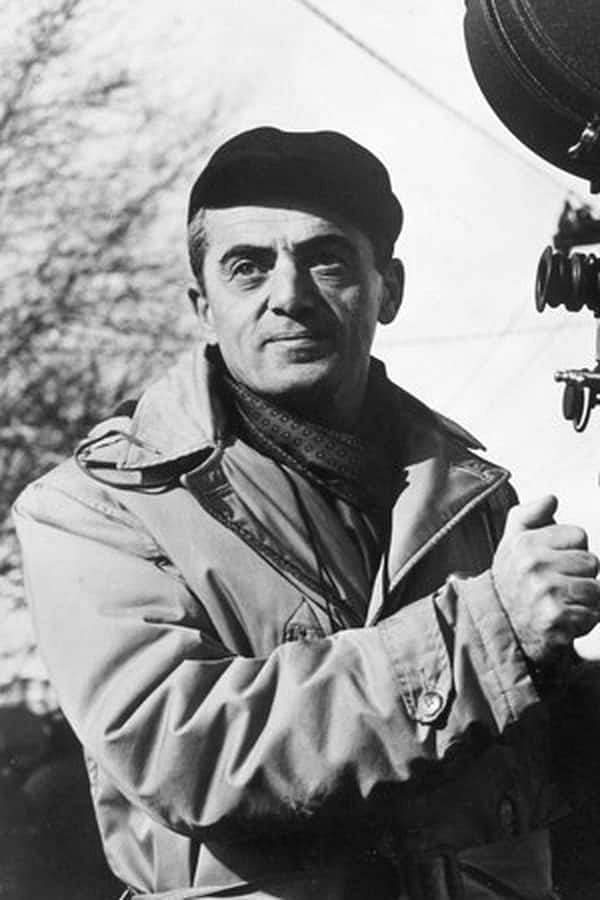
Next, Kaufman shot Lucrezia Borgia (1935) for director Abel Gance, shorts for avant-garde director Dimitri Kirsanoff and four features for director Léo Joannon.
Kaufman served in the French Army during World War II and, after the Nazi invasion, escaped to Canada as a refugee.
After working briefly at the National Film Board of Canada, he moved to the U.S. in 1942. There he found work as a photographer for the Office of War Information, but his filmmaking career stalled as the industry was gripped by postwar anti-Communist paranoia. He supported himself by filming short subjects and documentaries until Kazan hired him to shoot On the Waterfront.
Soon after being nominated for his work in the film, his first Hollywood feature, Kaufman was invited to join the ASC.
The cinematographer’s other major collaboration was with director Sidney Lumet, for whom he shot 12 Angry Men (1957), The Fugitive Kind (1960), Long Day’s Journey Into Night (1962) and The Pawnbroker (1964).
